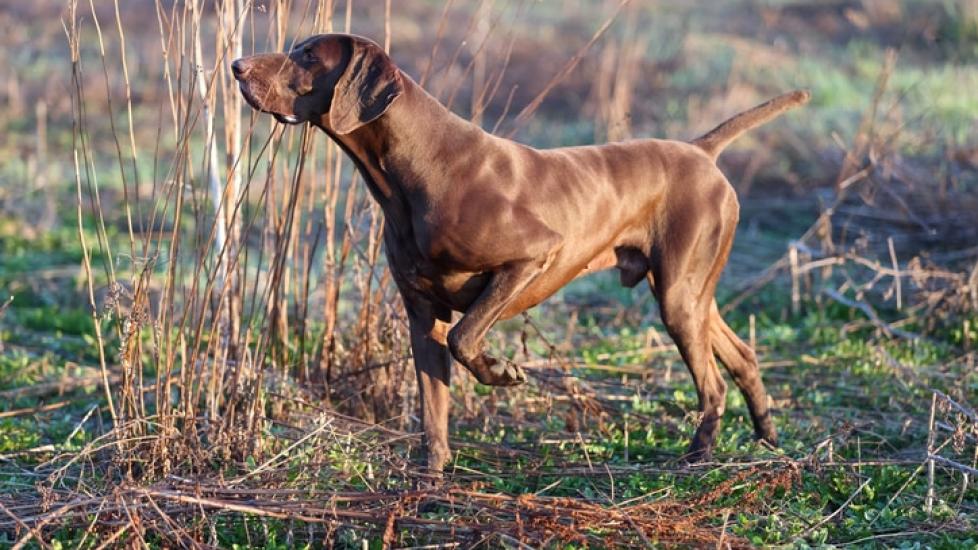Pointer Introduction:
The Pointer is a versatile gun dog known for its exceptional hunting skills and acute sense of smell. It was originally bred in England during the 17th century as an all-purpose bird dog but has since become popular as a family companion due to its friendly nature and high intelligence. The Pointer gets its name from the way it freezes into position when sighting game, serving as an arrow or “pointer” to indicate the animal’s location to hunters.
Lifespan: Approximately 12 – 15 years
Coat Length: Short to medium-length hair that requires minimal grooming; single layer with feathering on ears, chest, legs, and tail.
Alias(es): Bird Dog, Setter, Retriever (due to its versatility)
Height: Typically stands between 23 – 28 inches at the shoulder for males, slightly smaller for females.
Place of Origin: England
Body Size: Medium to large build with muscular limbs designed for endurance and speed.
Shedding Level: Moderate shedder, especially during seasonal changes. Regular brushing can help reduce loose hairs around your home.
Trainability: Highly intelligent and eager to please, Pointers are generally quick learners. However, they do require consistent training and socialization to ensure obedience. Their strong hunting instinct may sometimes lead them to be distracted by scents or wildlife, so keeping their focus during training sessions is crucial. Early socialization helps prevent overly aggressive behavior towards other animals.
Characteristics: Pointers are energetic dogs that need plenty of exercise and space to run. They thrive best in homes with access to a yard where they can play and explore safely. Without adequate physical activity, these dogs may develop behavioral issues such as excessive barking, digging, or chewing. Despite being reserved with strangers initially, Pointers form close bonds with their human families and often display protective tendencies.
Health Considerations: Like many active breeds, Pointers can suffer from hip dysplasia and elbow arthritis due to the strain put on their joints during running activities. Eye problems such as progressive retinal atrophy (PRA) are also common among this breed. Regular check-ups with the vet are essential to maintain good health.
Conclusion: For those looking for a loyal companion who loves outdoor adventures, the Pointer might be an ideal choice. With proper care, training, and regular veterinary visits, this athletic breed can provide years of companionship and joy.
